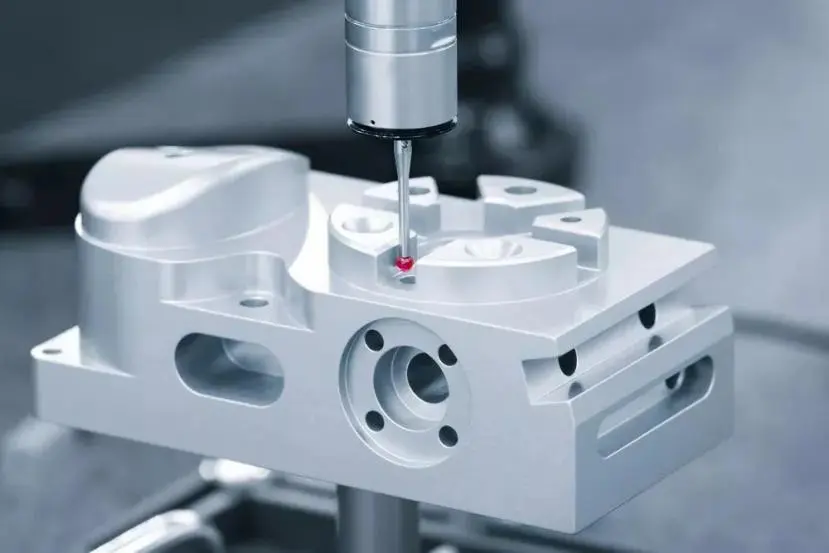
Knowledge
The Advantages and Challenges of Die Casting Process

Analysis of Process Advantages
Die casting has significant advantages in the field of metal forming, making it the preferred technology for manufacturing complex metal parts.
High production efficiency: Die casting can complete the filling and solidification of metals in an extremely short time, with a short production cycle, making it suitable for mass production. For example, the production efficiency of hot chamber die casting machines can reach 15 cycles per minute, while cold chamber die casting machines, although having a longer cycle time, have high-pressure injection capabilities that enable them to produce more complex and thin-walled castings.
Excellent dimensional accuracy and surface quality: Die castings typically have high dimensional accuracy and good surface finish, reducing the need for subsequent mechanical processing. According to industry data, the dimensional tolerance of die castings can be controlled within ±0.05mm, and the surface roughness can reach Ra0.8μm.
High material utilization rate: The material utilization rate of die casting can be as high as over 90%, meaning less material waste and high cost-effectiveness. For example, the material utilization rate of aluminum alloy die castings can reach 92%, far higher than other casting methods.
Design flexibility: Die casting can produce complex-shaped, well-defined, thin-walled, and deep-cavity metal parts, providing designers with a wide range of design options. For instance, the minimum wall thickness of aluminum alloy die castings can be as low as 0.5mm, and that of zinc alloy can be 0.3mm, with the minimum cast hole diameter being 0.7mm.
High strength and good mechanical properties: Due to the solidification of metals under pressure, die castings have a dense structure, refined grains, and high strength and hardness. For example, the tensile strength of aluminum alloy die castings can reach 415MPa, and the hardness can be above HB80.
Challenges and Solutions Faced
Although the die-casting process has many advantages, it also faces some challenges that require corresponding solutions to ensure product quality.
Porosity and shrinkage cavity issues: During the die-casting process, the rapid filling of the metal liquid into the mold cavity may trap gases, resulting in porosity. Solutions include optimizing the mold design to improve exhaust, using vacuum die-casting technology to reduce air in the cavity, and controlling the injection speed and pressure of the metal liquid to minimize gas entrapment.
Mold wear and erosion: Due to the high temperature and pressure of the metal liquid, die-casting molds are prone to wear and erosion. Solutions include using high-hardness and high-wear-resistant mold materials such as H13 steel, as well as regular maintenance and repair of the molds.
Dimensional control and deformation issues: Uneven shrinkage during the cooling process may cause dimensional deviations and deformation of the castings. Solutions include optimizing the cooling system design, using uniform cooling techniques, and considering shrinkage rates and draft angles in the design stage.
High initial investment cost: The initial investment cost of die-casting equipment and molds is relatively high, which limits the application of the die-casting process in small-batch production. Solutions include improving production efficiency to reduce costs and developing reusable mold designs to lower the cost per production run.
Environmental and health issues: The die-casting process may generate harmful gases and dust, posing a threat to the environment and worker health. Solutions include installing effective ventilation and filtration systems and providing workers with appropriate personal protective equipment.
Through these solutions, the die-casting process can overcome challenges while maintaining its advantages and continue to play a significant role in the metal forming field.
Vigor team has rich experience on die-castings. If any questions or any demands we can help, please feel free to contact us at info@castings-forging.com



